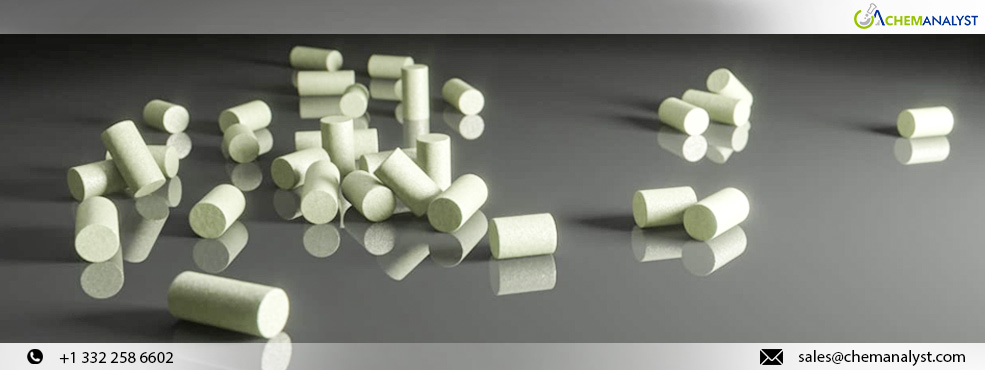Welcome To ChemAnalyst

On APRIL 18, 2024, Clariant, a specialty chemical company committed to sustainability, unveiled its newest innovation: CATOFIN 312, a propane dehydrogenation catalyst. With enhanced selectivity and a lifespan extended by up to 20%, this catalyst promises significant advantages. Its heightened productivity could mean up to $20 million in added profits for a standard 600 KTA PDH facility over the catalyst's lifetime, offering a compelling proposition for customers aiming to optimize their returns.
In conjunction with Clariant's digital service platform CLARITY™, customers gain continuous access to real-time data on catalyst performance, alongside advanced visualization, analysis, and monitoring tools. This comprehensive service, available across all Clariant catalyst applications, has proven instrumental in optimizing plant performance metrics related to efficiency, sustainability, and safety.
Jens Cuntze, Business President Catalysts at Clariant, remarked, "The launch of CATOFIN 312 marks another significant milestone in our cutting-edge catalyst technology. Our unwavering dedication to innovation empowers us to continually enhance the performance of our catalysts for customers in the propylene industry."
CATOFIN stands as a preeminent catalyst technology on a global scale for the production of olefins like propylene, isobutylene, and butylene/butadiene. Renowned for its outstanding productivity and reliability, CATOFIN technology has been adopted in numerous PDH plants across the globe. The CATOFIN process integrates Clariant's customized catalysts and Heat Generating Material (HGM) with Lummus's advanced process, making it one of the fastest-growing technologies for propylene production. Since 2017, CATOFIN has been chosen for 40 new projects worldwide, underscoring its widespread acceptance and success.
CATOFIN® stands as a catalyst technology of global renown for the production of olefins like propylene, isobutylene, and normal butylene/butadiene. Renowned for its exceptional productivity and reliability, CATOFIN technology has been selected for deployment in numerous dehydrogenation plants across the world.
The disparity between the demand for and supply of propylene is expanding. The introduction of shale gas over the past decade has reshaped the olefin market landscape. Crackers operators are opting for lighter feeds, resulting in reduced propylene output, thereby driving up the need for deliberate propylene production methods. Propane Dehydrogenation (PDH) has emerged as one of the rapidly advancing technologies, primarily owing to its cost-effectiveness and the increased accessibility of propane feedstock.
The CATOFIN process, known for its exceptional efficiency, operates at optimal reactor pressure and temperature. This ensures maximal catalytic dehydrogenation of propane and isobutane, yielding high quantities of propylene and isobutylene at minimal investment and operational expenses. The technology, employing fixed-bed reactors, is under exclusive license from the esteemed process partner, Lummus Technology. Meanwhile, the customized catalysts are provided by Clariant.
We use cookies to deliver the best possible experience on our website. To learn more, visit our Privacy Policy. By continuing to use this site or by closing this box, you consent to our use of cookies. More info.
